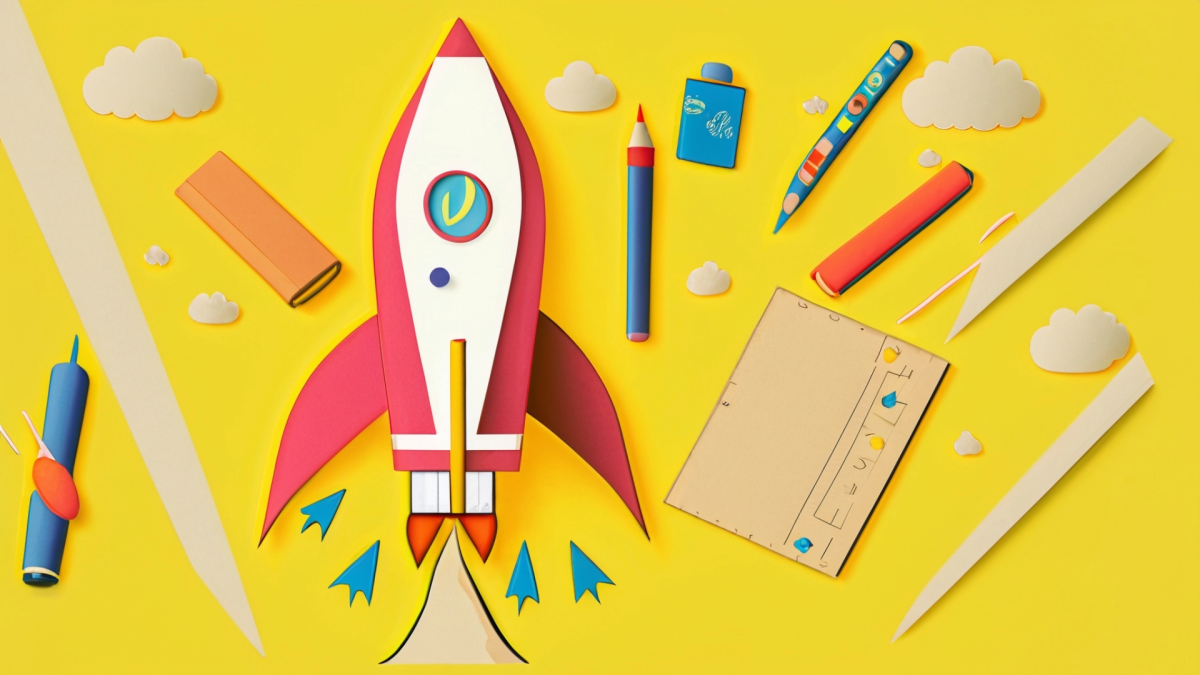A Very Hungry Robot: Lesson 2
This outstanding multi-day lesson covers the anatomical design of the respiratory system. Students will work on a basic model project to simulate breathing action and the diaphragm. They will also
This lesson is designed for Day 3. Students use outside resources to modify and test helmet effectiveness with Pocketlab sensors. In this hands-on lesson, students will create a prototype and run
In this engaging lesson, students will use Sphero robots and a Solar System map to learn intermediate level solar system geography. Students program the robots to move from one location on the map to
This is a fun and engaging lesson where students work individually, or with a partner, to build a treehouse. Creativity and collaboration among students in my 4th grade STEAM Club were evident in the
In this lesson, students are introduced to RVR (Sphero) robots and program their robot to drive over to kindergarten students and read aloud a book. Younger students enjoy the ability to work with a
Up, Up and Away! Creating a Glider
Students will learn the principles of flight while also incorporating the Engineer Design Process as they construct gliders using pressed Styrofoam. In this hands-on lesson, students read a book about
In this engaging lesson, students will develop an understanding of how solar panels convert sunlight into electrical energy. They will investigate factors affecting the amount of electricity generated
Students will gain knowledge about Arizona's geography, culture, and history through the book "Santa is Coming to Arizona." They will develop basic programming and problem-solving skills by
Featured Lesson Plans
Check out these notable lesson plans.

This outstanding multi-day lesson covers the anatomical design of the respiratory system. Students will work on a basic model project to simulate breathing action and the diaphragm. They will also

This is a fun and engaging lesson where students work individually, or with a partner, to build a treehouse. Creativity and collaboration among students in my 4th grade STEAM Club were evident in the

Up, Up and Away! Creating a Glider
Students will learn the principles of flight while also incorporating the Engineer Design Process as they construct gliders using pressed Styrofoam. In this hands-on lesson, students read a book about
